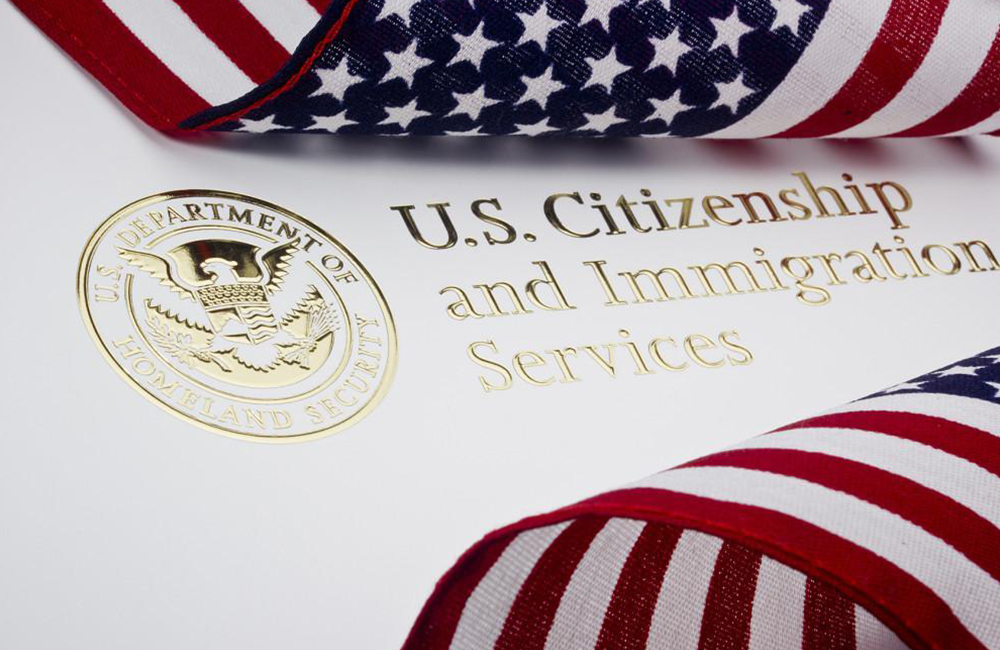
As the Biden administration’s first calendar year wraps up, it is becoming clearer that the political leadership at the Department of Homeland Security (DHS) lack policy vision for the legal immigration system. Rather than overseeing the development of its own preferred policies, DHS, and mainly U.S. Citizenship and Immigration Services (USCIS), have increasingly resorted to asking the public for ideas.
This need for crowdsourcing policy ideas in surprising because one of President Biden’s first executive orders was titled, “Restoring Faith in Our Legal Immigration Systems and Strengthening Integration and Inclusion Efforts for New Americans” and directed DHS to “identify barriers that impede access to immigration benefits and fair, efficient adjudications of these benefits”. One would reasonably assume that over the years, including during the transition, that the political appointees had already identified real barriers that they were prepared to remedy once they were in charge.
Yet, more than 11 months into this administration, USCIS has failed to identify a single, real barrier to aliens obtaining legal immigration benefits. This naturally begs the question of why would someone draft this executive order and have the new president sign it?
From the start, this dubious EO has been a cover for the Biden administration to portray eligibility requirements and processing times as “barriers” rather than the conditions set to participate in the legal immigration system. This is why I have repeatedly criticized the EO as inherently flawed because it fails to define “barriers” and instead functions as the “source of authority” for undermining immigration laws the administration dislikes.
As a result, the Biden administration has actually erected real barriers to immigration benefits by taking certain actions seemingly for the sake of “doing something”. This includes scrapping the revised naturalization civics test that was developed by career officials simply because it occurred during the Trump administration. More recently, USCIS and the Department of State botched the Visa Bulletin priority dates, the document that tells aliens from oversubscribed countries when they can obtain their green card. This miscalculation told countless aliens, mainly Indians, that they could get their green card, only for the government to go back on the priority date the following month.
Unable to identify any real barriers, the Biden administration has turned to the public (read immigration lawyers) to tell them what they dislike about the legal immigration system. For example, the political team strongly opposed the Trump administration’s definition of the public charge ground of inadmissibility but has no vision for how to define it. This manifested in the publication of an Advance Notice of Proposed Rulemaking (ANPRM), essentially asking the public how to define the ground of inadmissibility. Normally, an administration has an idea which is reflected in a NPRM where the public has the opportunity to weigh in before the regulatory change is finalized.
Less substantively, the USCIS leadership team asked career staff to fill out a Survey Monkey on what the agency’s mission statement should be. Again, the Biden appointees had deep convictions that the current mission statement had to go, but apparently is unable to articulate its own statement. That survey went out on March 31 and yet, the Trump-era mission statement remains.
More recently, USCIS held a listening session on the Form I-140, Petition for Alien Worker. As the USCIS website succinctly puts it, “[u]se this form to petition for an alien worker to become a permanent resident in the United States.” During the call, the agency provided five questions they sought feedback on, tipping their hands that either the form is going to be substantively revised or that an NPRM is in the works. The questions included:
- Evidence that is duplicative, burdensome, or confusing?
- Any terms that lack definition?
- How to “modernize” the definition of “extraordinary ability”?
- Any additional factors for applying the national interest waiver (meaning exempt from a labor market test) beyond those in Matter of Dhanasar?
- Program integrity issues?
Upon seeing these questions, I was surprised that agency leadership didn’t just go straight to the adjudicators responsible for the I-140 for feedback. That mystery was quickly clarified as political leadership on the call, along with several immigration attorney participants, criticized adjudicators for “inconsistencies” in adjudication or applying additional factors, without a single example of such offenses disclosed.
Amusingly, the pile-on against adjudicators was most animated during the last question, causing a USCIS career official to interject that the scope of the question was about “abuses in the program or loopholes lacking regulatory support to remedy.” Crickets ensued.
My take on this is that certain immigration attorneys do not properly fill out forms for their clients and then blame the adjudicator when it is properly denied due to lack of evidence establishing eligibility. Given the immigration bar's close ties to the Biden administration, I suspect that changes are in the works to make it easier for these immigration attorneys to deliver approvals.
